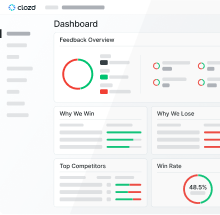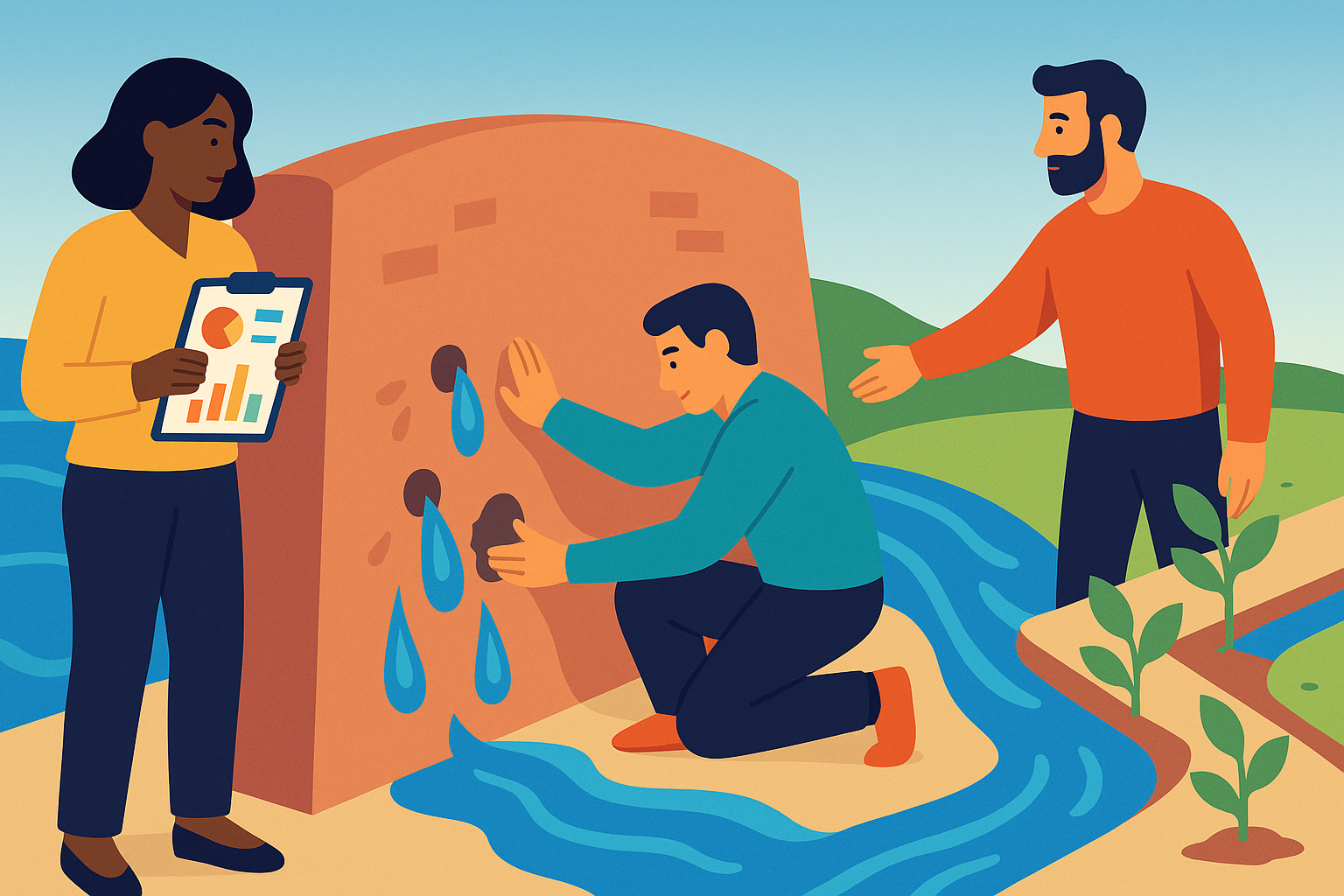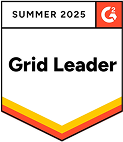Clozd played a key role after Headspace and Ginger’s mid-pandemic merger in late 2021, delivering direct buyer and customer feedback that informed the new company’s strategy around a potential rebrand and its product roadmap. Now faced with the challenge of navigating an unpredictable economy, Headspace relies on competitive insights from Clozd to add depth to its research and confidence to its strategic decisions.
Driving strategy after a high-profile merger
When Headspace and Ginger—two key players in the mental health space—merged in late 2021, the COVID-19 pandemic had pushed the world into the middle of an unprecedented health crisis. And by combining their areas of expertise (Headspace's meditation and mindfulness app with Ginger's mental health coaching, therapy, and psychiatry services), they were able to expand their reach to more than 100 million consumers.
The only problem? They weren’t sure what to call the new company.
“We kept the two separate names for a while,” said Zahra Chithiwala, group product marketing manager at Headspace. “Then we started to get a lot of feedback through Clozd around our merger and having two app experiences. Our clients were feeling generally unsure of whether we were Ginger or Headspace.”
In October 2023, they settled on one name.
“We did an entire rebrand, and now we’re only Headspace. All of our products are Headspace-branded, and we’ve launched a new app experience,” Zahra said. “Clozd was one of the key drivers in helping us realize that we needed to make that change and deliver a single brand and product experience. So as we were making the business case for doing that, we brought in Clozd insights and quotes to show how important it was—as well as the revenue that was at risk if we didn’t make that change.”
Providing clear strategic direction is just one of the ways Zahra and her team are utilizing win-loss insights from Clozd.
Leaning on win-loss insights to build cross-functional credibility and influence
Zahra leads Headspace’s product marketing team, which is tasked with packaging, positioning, and competitive intelligence. In a nutshell, their job is to translate market insights back to their product team and then translate their products back out to the market.
“We do this through a lot of win-loss analysis and competitive research,” she said.
Among all the data points, Clozd’s buyer intelligence holds a unique place as a true voice-of-customer resource—and the source of truth when it comes to understanding exactly what their buyers and end users want, need, and will invest in.
“We take the insights we get from Clozd, look for trends across those insights, and use other key data points—like our focus groups, market research surveys, sales call recordings, and more—to essentially understand what’s top of mind for our key buyers and current customers,” Zahra said.
The product marketing team sits at the crossroads of product, marketing, and sales. While their primary focus is on supporting their B2B sales team—which sells to enterprise companies from various industries—they’re also tasked with making sure the app experience is working for Headspace’s individual end users.
“I feel like we’re well-situated between a lot of different teams,” Zahra said. “And I think that one of the things that really helps us gain credibility is having customer insights to support our recommendations. So when the sales team makes a request, having Clozd interviews that show us what our clients want—and what that could be worth in annual recurring revenue—really helps us understand where we should invest more from a product perspective.”
Working with Clozd gives them a direct connection to their clients, making it easier to understand their needs and where the market is moving.
They do this in tandem with their program manager, who helps facilitate in-depth interviews where they can learn more about their buyers’ benefits philosophies and how mental health fits into those philosophies—as well as the solutions they’d like to invest in, both inside and outside of mental health.
“We’re able to be key stakeholders in a lot of different projects by having our pulse on the market,” Zahra said. “This includes understanding new trends and new areas of mental and physical health needs that our clients really care about or are investing in. As much as we can be people who deliver actionable insights and recommendations, the more helpful we are across the company.”
Overcoming post-pandemic challenges
Business boomed for Headspace during the COVID-19 pandemic. As people around the world tried to cope with lockdowns, uncertainty, and fear, many organizations were seeking to support their employees in managing their mental health needs.
Now, nearly a year after the official end of the pandemic, Headspace is maneuvering a new challenge: a sluggish economy.
“The economy isn’t as strong as it was, and a lot of clients are having to cut back on their benefits budgets,” Zahra said. “So one of the big hurdles we’re trying to overcome is proving ROI and value, and demonstrating engagement and utilization across our customers.”
Headspace helps its clients understand and navigate the full spectrum of mental health needs—from preventative and proactive content all the way through psychiatry and complex care support. Delivering a holistic mental health solution was the thesis behind their merger with Ginger.
One of Headspace’s product marketing priorities is to create a narrative that helps their buyers understand why investing in a mental health solution is crucial to their business objectives. As they do this, Clozd has been a key source of insights into how their different clients value their solutions.
“It’s really helpful for us to understand from Clozd interviews what ‘value’ means to each individual client,” Zahra said. “For some clients, that’s how many people are using the service. For others, it’s the positive feedback they’re getting. For others, it’s how much they’re potentially saving in a year by implementing a mental health solution.”
Truly understanding the framework of how different clients value their solutions has helped Zahra’s team create better positioning and messaging that highlight what’s most valuable to clients in purchasing a mental health solution.
“Ultimately, working with Clozd is all in service of improving our clients’ experience and understanding product-market fit as we create new products and decide areas of investment,” Zahra said. “Are people really going to buy this? Is it really solving their needs? And at what price point? Those are the questions they help us answer.”
Who they are
An app that specializes in meditation and mental health, Headspace was founded in London in 2010. Its headquarters are now in Santa Monica, California, with offices in San Francisco and London.
In August 2021, Headspace merged with online mental health platform Ginger in a deal valuing the combined company at $3 billion.
Headspace now offers an expanded range of mental health services—from mental health coaching and therapy to psychiatric care and meditation—as well as interventions and tools for millions of people experiencing mental health symptoms such as anxiety, depression, and more complex diagnoses like severe mental illness.











.svg)




.jpg)






.svg)

.svg)




